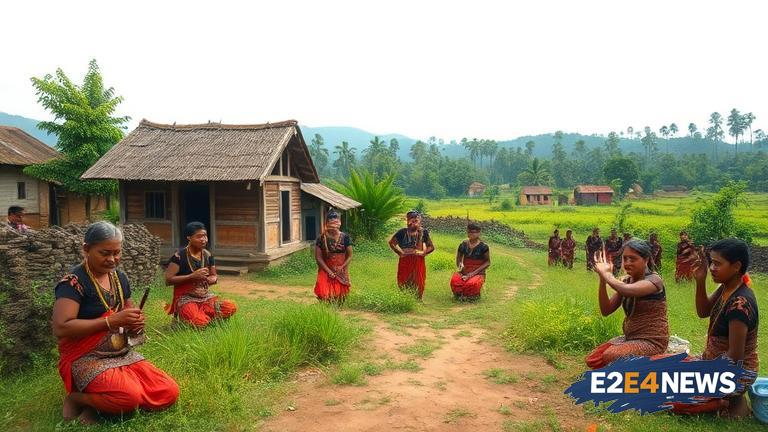The recent ethnic conflict in Manipur, particularly between the Meitei and Kuki communities, has raised concerns over the fragile peace and stability in the region. The conflict has resulted in the loss of lives, displacement of people, and damage to property. The Meitei community, which is the largest ethnic group in Manipur, has been at odds with the Kuki community, which is a smaller but significant ethnic group in the state. The tensions between the two communities have been simmering for years, with issues such as land ownership, economic opportunities, and cultural differences contributing to the conflict. The Kuki community has been demanding greater autonomy and recognition of their rights, while the Meitei community has been resisting these demands. The conflict has also been fueled by the presence of armed groups, which have been operating in the region for years. The Indian government has been trying to broker a peace deal between the two communities, but so far, no lasting solution has been found. The conflict has had a significant impact on the economy of Manipur, with trade and commerce being severely affected. The state government has been trying to restore normalcy, but the situation remains volatile. The international community has also been watching the situation with concern, with human rights groups calling for an end to the violence. The conflict has also raised questions about the role of the Indian government in resolving the issue, with some critics arguing that the government has not done enough to address the grievances of the Kuki community. The Meitei community has also been critical of the government, arguing that it has not done enough to protect their rights and interests. The conflict has also had a significant impact on the social fabric of Manipur, with tensions between the two communities running high. The situation has been further complicated by the presence of other ethnic groups in the state, which have their own demands and grievances. The Indian government has been trying to engage with all the stakeholders, but the situation remains complex and challenging. The conflict has also raised questions about the future of Manipur, with some analysts arguing that the state may be heading towards a prolonged period of instability. The international community has been calling for calm and restraint, with the United Nations issuing a statement expressing concern over the situation. The Indian government has also been under pressure from human rights groups to take action to protect the rights of all communities in Manipur. The conflict has also had a significant impact on the education and healthcare sectors, with many schools and hospitals being closed due to the violence. The state government has been trying to restore these services, but the situation remains challenging. The conflict has also raised questions about the role of civil society in resolving the issue, with many organizations calling for an end to the violence and a return to dialogue. The situation in Manipur remains volatile, with the potential for further violence and instability. The Indian government and the international community must work together to find a lasting solution to the conflict, which addresses the grievances of all communities and promotes peace and stability in the region.
